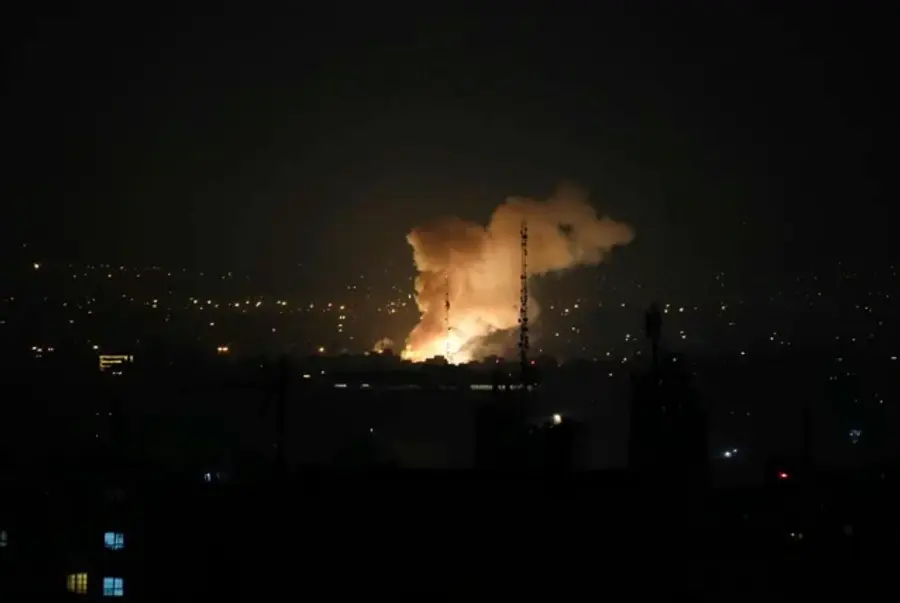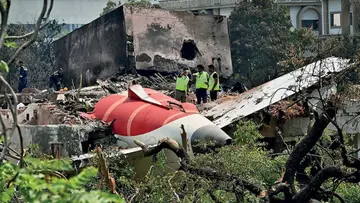Israel Strikes Iran's Nuclear and Military Sites, Killing Top Commanders


Web desk
Published on Jun 13, 2025, 11:03 AM | 3 min read
Dubai: In a dramatic escalation of Middle East tensions, Israel launched a series of airstrikes early Friday targeting Iran’s nuclear and military infrastructure, including its capital Tehran. The strikes reportedly killed at least two senior Iranian military leaders and marked one of the most significant attacks on Iran since the 1980s Iran-Iraq War.
Multiple sites were hit across the country, including the Natanz uranium enrichment facility, where black smoke was seen rising. The International Atomic Energy Agency (IAEA) confirmed that one of Iran’s primary enrichment sites was struck and said it is monitoring for any radiation leaks.
Iranian state media confirmed the deaths of Major General Hossein Salami, commander of the Revolutionary Guard, and General Mohammad Bagheri, chief of staff of Iran’s armed forces. Other senior officials and nuclear scientists were also believed to be among the casualties.
The strikes follow growing international concerns over Iran’s advancing nuclear programme. Israeli Prime Minister Benjamin Netanyahu described the assault as a necessary preemptive move to eliminate an "imminent threat" to Israel’s existence. “This is a clear and present danger to Israel’s very survival,” Netanyahu said, pledging to continue military action if needed.
Iran’s Supreme Leader Ayatollah Ali Khamenei condemned the attack as a "crime" against the nation and vowed "severe punishment" in retaliation. In a statement released by IRNA, Khamenei accused Israel of striking residential areas and exposing its "malicious nature."
While the Biden administration had advised caution, it denied any involvement. US Secretary of State Marco Rubio confirmed Israel acted unilaterally and said the US priority remains protecting its forces in the region. The US Embassy in Jerusalem issued a shelter-in-place order for staff and families. The White House also announced that President Trump will meet with his National Security Council to review the situation.
In preparation for possible reprisals, Israel closed its airspace and major airports. Iran is expected to respond with missile or drone attacks. Brent crude prices surged nearly 8% in response to the attacks, signaling broader regional instability.
Tensions have been steadily rising amid Iran’s refusal to cooperate with nuclear inspections and its announcement of a third enrichment site. Although US intelligence continues to believe Iran does not currently have an active weapons programme, the threat of escalation looms large.
Despite the mounting crisis, Israeli public opinion is largely supportive of the strikes. Even opposition leader Yair Lapid backed the move, citing Iran as a national threat. However, backlash could grow if retaliation brings heavy Israeli casualties or disruption to civilian life.










0 comments